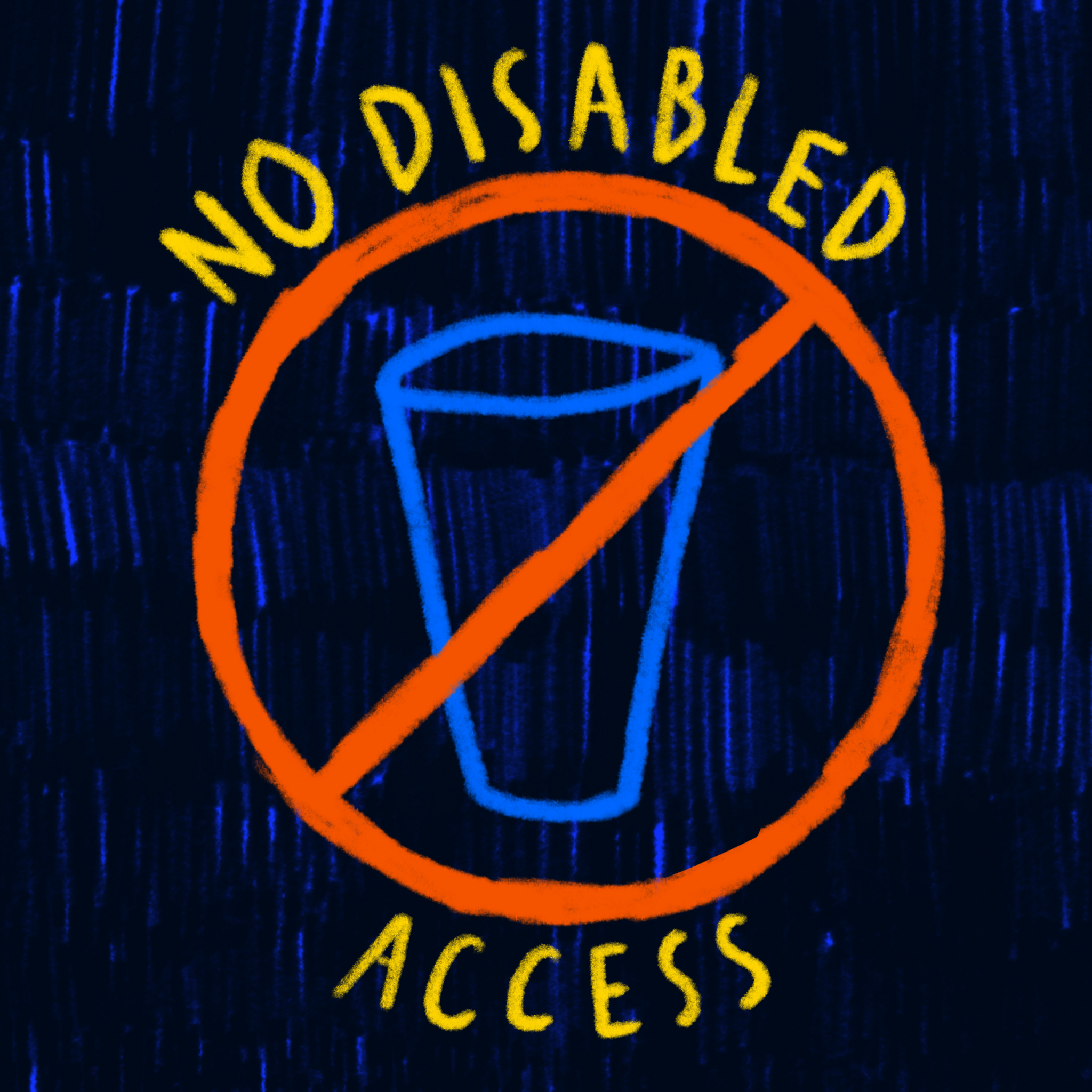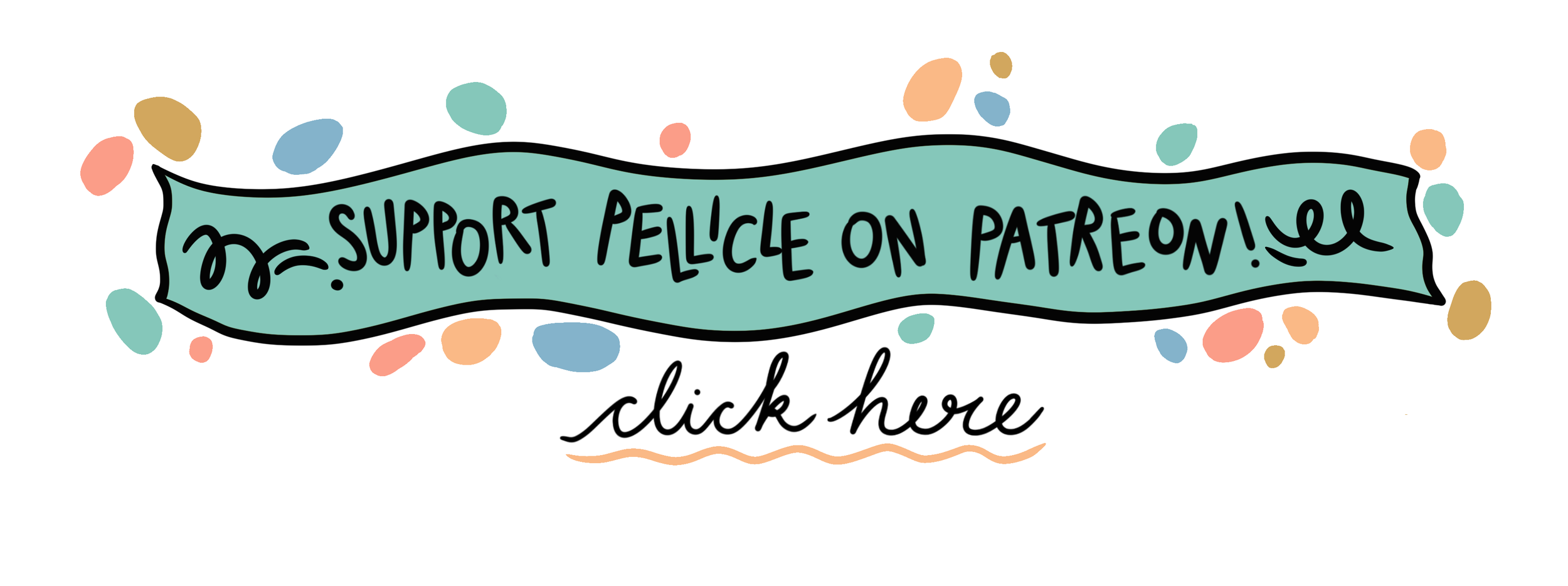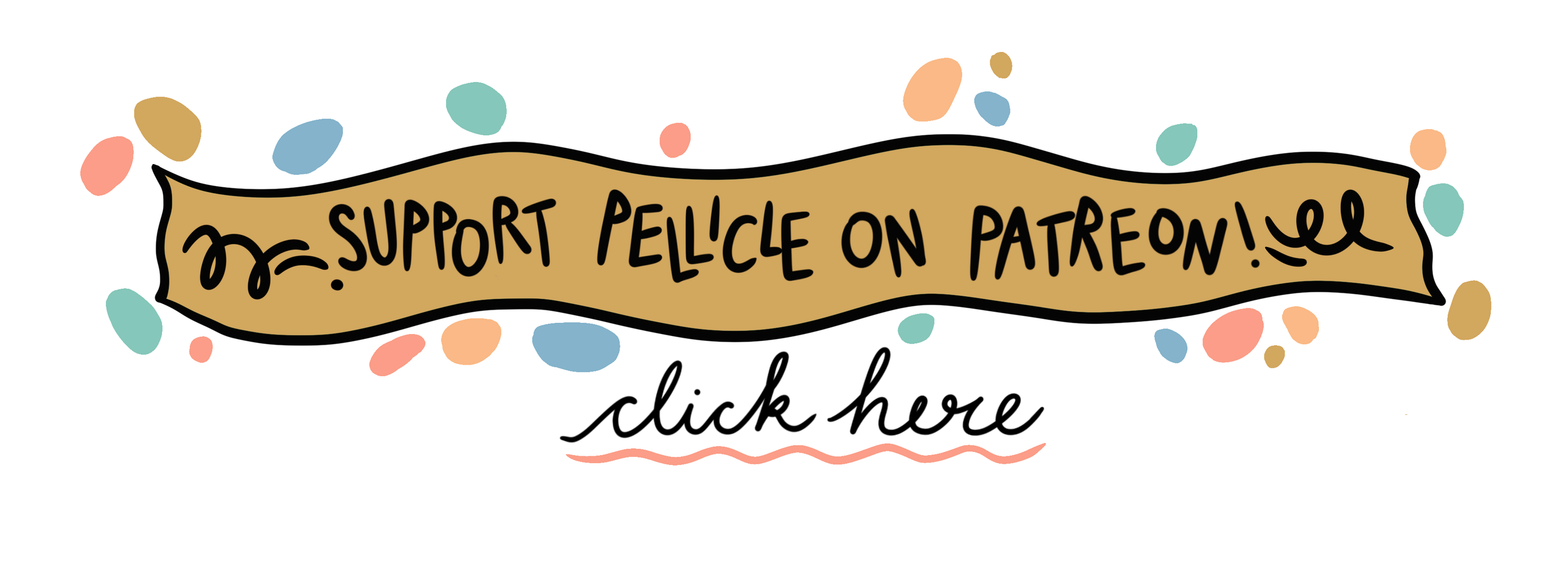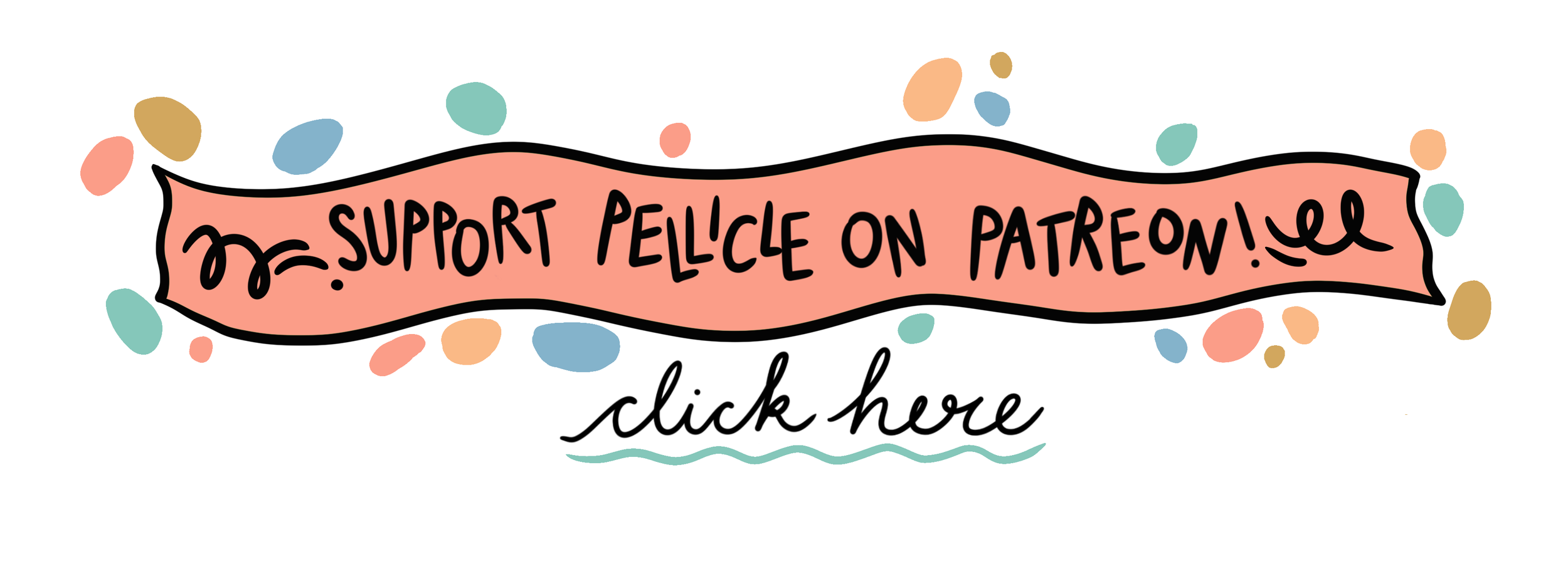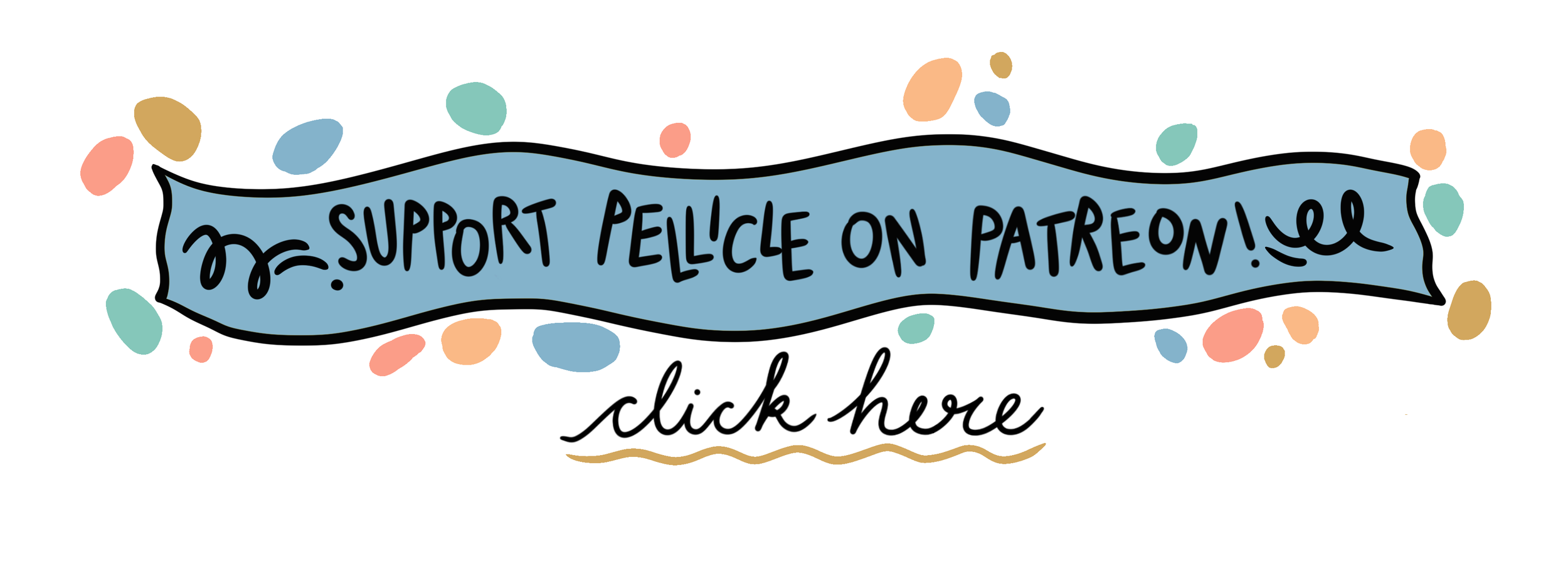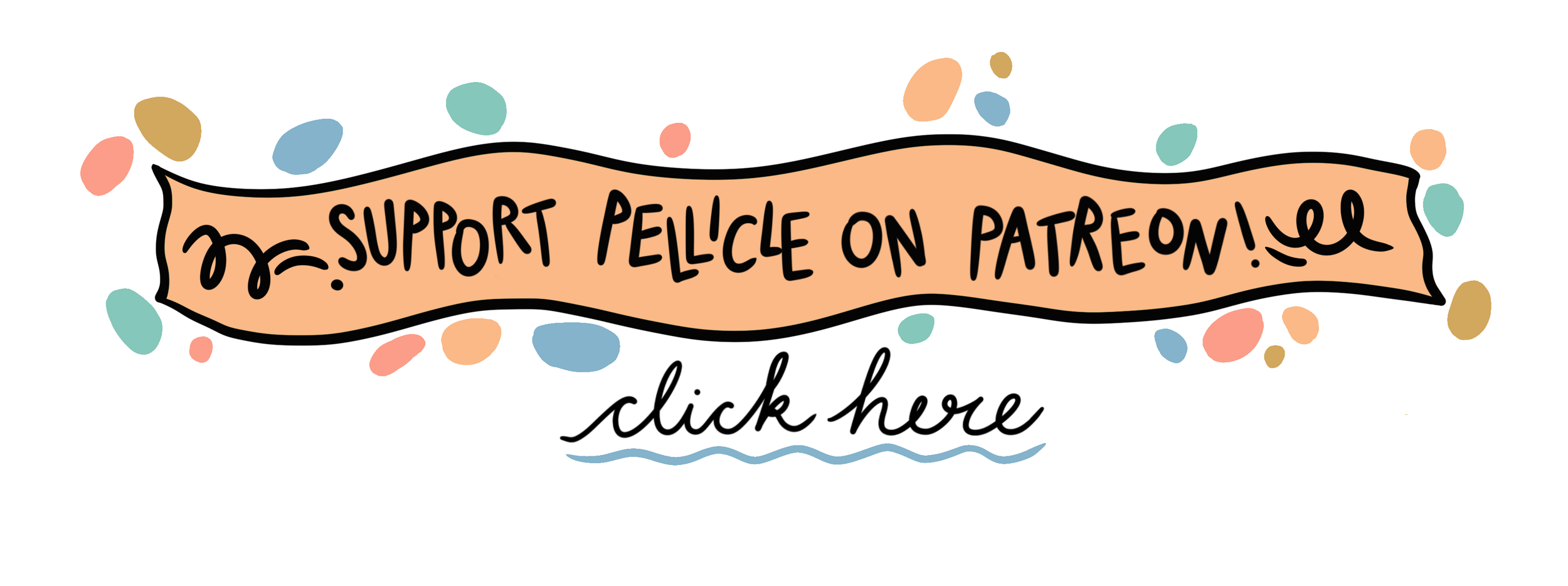Disability, Pubs and Taprooms — The Invisible Barriers Preventing Diversity in British Beer Culture
I’d like to introduce you to beer and cider lover Steven Fenn. He particularly loves single variety and hopped ciders, the latter which turned his palate to hoppier IPAs, as well as pilsners and marzens. By coincidence these styles happened to be in season in October, when we visited the Three Wise Monkeys’ brewery taproom, in his hometown of Colchester.
His desire for new drinking experiences is infectious, and like a lot of craft hobbyists he regularly updates beer app Untappd with what he’s drinking, easily putting my own beer diary to shame.
He travels around the world to find new beers, which for him is hugely difficult, because Steven is treated differently to any other drinker I have met. He has a condition called muscular atrophy type two, which means he can’t walk and is permanently reliant on a wheelchair.
He gets stared at. He’s not allowed access to some establishments. He’s frowned upon when he looks like he’s drunk. When we meet on Colchester High Street, numerous shoppers stand still and point as he leaves the wheelchair accessible vehicle, operated by his personal assistant, Steve. We head for the taproom and when we finally find a table at the right height adequate for someone in a wheelchair, Steven reveals the long list of barriers he faces when he wants to have a pint.
These include being ignored when ordering, or having his personal assistant asked by the bartender what he wants to drink. Not being able to use disabled toilets as they’re being used as a store cupboard. Not being able to attend eating areas or events as they’re located in inaccessible rooms. Or travelling to London from Essex only to be told at a pub that it’s “too busy” for him to enter.
““A lot of other disabled people are put off by previous bad experiences.””
And it’s not just the establishments that can ruin his drinking experience. Other drinkers ignore him when there’s no table free that’s at the right height (a high table is useless for someone in a wheelchair) and his personal assistants can be verbally abused if he appears to be drunk—or is drunk, it’s his preference, after all.
But the—quite frankly—bullshit he has to cope with, amazingly, doesn’t cloud his outlook on life.
“People won’t stop me from doing what I can do or want to do,” he says.
“My outlook is you can’t miss what you’ve never had. Like with walking, if I used to be able to do it and I lost that ability then it would be different. If something bad happens I bounce back or laugh at it. I make the best out of the situation.”
It’s ironic that we’ve met in a taproom, as these relatively new additions for beer lovers aren’t normally accessible, but Steven can enter the premises using a ramp that was installed after the place was revamped a few years ago. Most taprooms, however, aren’t like this and, considering they’re not often built within listed buildings, should consider those less abled.
“I like going somewhere where I can drink something different,” Steven adds. “But a lot of other disabled people are put off by previous bad experiences so unless a taproom is promoting itself as accessible they won’t even try it.”
***
There’s two brewery taprooms I’m aware of that are marketed as accessible for less able bodied people: at South East London’s Gipsy Hill, and Moonwake in Leith, Edinburgh.
At the Gipsy Hill taproom I meet Mike Huddart, the brewery’s head of marketing and events. I tell him Steven’s story and, as an able-bodied person how I feel guilty for not having given much consideration to the plight of people in his position. I’m ashamed that I’ve overlooked disabled people, and not realised that something as simple as having a beer with your mates is geared wholly around the able-bodied.
Illustrations by Tida Bradshaw
“Too many people put guilt with their voice in the forefront,” Mike says. “To truly understand someone's situation is to empathise with that person or situation. Then you feel their want for change which drives a better level of change.”
He explains how he channelled the type of feelings I had positively. Before Mike arrived at Gipsy Hill he was a support worker dealing with people who had complex needs and learning difficulties who had, through no fault of their own, been kept at arm’s length by society. He endeavoured to give them new experiences—the kind of everyday social event able-bodied people take for granted, such as going to the theatre—and this campaign for inclusion was brought to the brewery’s taproom.
“Planning and education were the two biggest things we tried,” he says.
This means that bar staff are taught how to speak to customers in a way that they can diagnose if they have communication issues. And small adjustments were made: the bar was lowered so wheelchair users can go right up to the pumps and it was always kept clear; every table is open faced with no fixed seating so wheelchair users can sit where they like and everything is on one level so no view is obscured.
“Honestly, we’ve done nothing,” Mike adds. “We paid nothing to have a lowered bar. We worked with our local community to hear what they wanted and needed, and we pay people to provide us with training tools to help educate us.
“We have one-level disabled toilets. We don’t put kegs in the disabled toilet: it’s never storage. We’ve not changed the world. We’ve just made choices that hopefully make it easier for people to come to our space.”
““To truly understand someone’s situation is to empathise with that person or situation.””
This demonstrates how considering disabled people’s needs isn’t difficult, but what if your life experience is different to Mike’s? Vinny Rosario, head brewer at Moonwake, like me, had very little social contact with those with disabilities, and was shocked when he discovered just how inaccessible taprooms were.
“A friend of mine had a father who had a stroke,” Vinny tells me. “And most of the taprooms we took him to were a no-go. It was the first time I opened my eyes and realised this really isn’t fair on a huge population of people. And it’s not just people in wheelchairs: people who are on crutches, in chronic pain or just unsure on their feet.”
The Moonwake taproom opened on the 23rd September in Leith, an area of Edinburgh that isn’t naturally accessible as there’s a lot of cobbled streets and short pavements.
Because it’s a mezzanine building a £20,000 lift had to be installed—the majority of the building’s budget—and Vinny signed up to beer writer Melissa Cole’s Everyone Welcome Initiative: simple guidelines for inclusive spaces. The taproom also has a separate, fully accessible disabled WC, and there’s always a two-metre path clear to the bar.
Vinny, however, wasn’t perturbed by the expense to create an accessible bar and the necessary space that, in theory, meant fewer drinkers at busy times.
“I love beer,” he says. “And I want to share my love of beer with everyone. The more people who get into beer, the more likely we are to have more amazing brewers who will bring their different ideas of flavours.”
***
As Vinny says, a disability doesn’t just mean those who use wheelchairs and includes people with sight issues. CAMRA volunteer and musician John Ramm, was born with retinoblastoma—a form of cancer—in both eyes which led to them being removed when he was just 10 months old.
He lives in Wrexham and regularly visits the Magic Dragon Brewery Tap, but he admits it’s similar to a pub setting. In any case, John doesn’t struggle with the accessibility issues mentioned—he’s happy to climb stairs—but often he experiences unhelpful interactions when buying beer.
“In a new pub the basic problem, once you manage to find the door, of course, is ‘how do I get to the bar?’ When you get to know a pub these issues go away,” John tells me.
“Someone in a wheelchair can look at the pumps and see what beer there is but I can’t do that. I ask ‘what beers have you got and I’m met with the question ‘what beers do you like?’”
If John is with a friend or his wife, they’ll ask them what he wants to order. The experience is very similar to Steven’s when his personal assistants, not him, are probed as to his drinking preferences. This means John finds establishments that provide proper training for their staff easier to use. He cites local gastropub chain Brunning & Price as one in which he has a hassle-free experience when he visits. Steven also enthuses about the staff at the Cider Box in Bristol, calling it his favourite taproom, and describes how owner Dan Heath would drive two hours during the pandemic to drop off cider at Steven’s house.
I spoke to London pub The Southampton Arms—where Steven Fenn was once told he couldn’t come in because it was “too busy” despite seeing empty seats. They were quick to apologise saying that on that day (the Euro 2020 final between England & Italy was being held later on) they used security staff on the door who were not direct employees. They were horrified by his account, apologised directly and have installed a wheelchair ramp while ensuring they will undertake due diligence if they use a security firm again.
“What happened to Steven is completely unacceptable,” general manager Nick Bailey tells me. “And a far cry from what the Southampton Arms is about. A proper boozer where everyone is welcome. We take immense pleasure in being this sort of establishment, and are therefore immeasurably disappointed when something happens to the contrary.”
It’s refreshing to hear how Nick at the Southampton Arms responded so positively, and hearing Steven’s plight has changed my own approach to diversity; instead of feeling guilty we have to act and change society to meet everyone’s needs.
"When these issues arise, and when pubs and taprooms are made aware, positive things can happen," Steven says.







